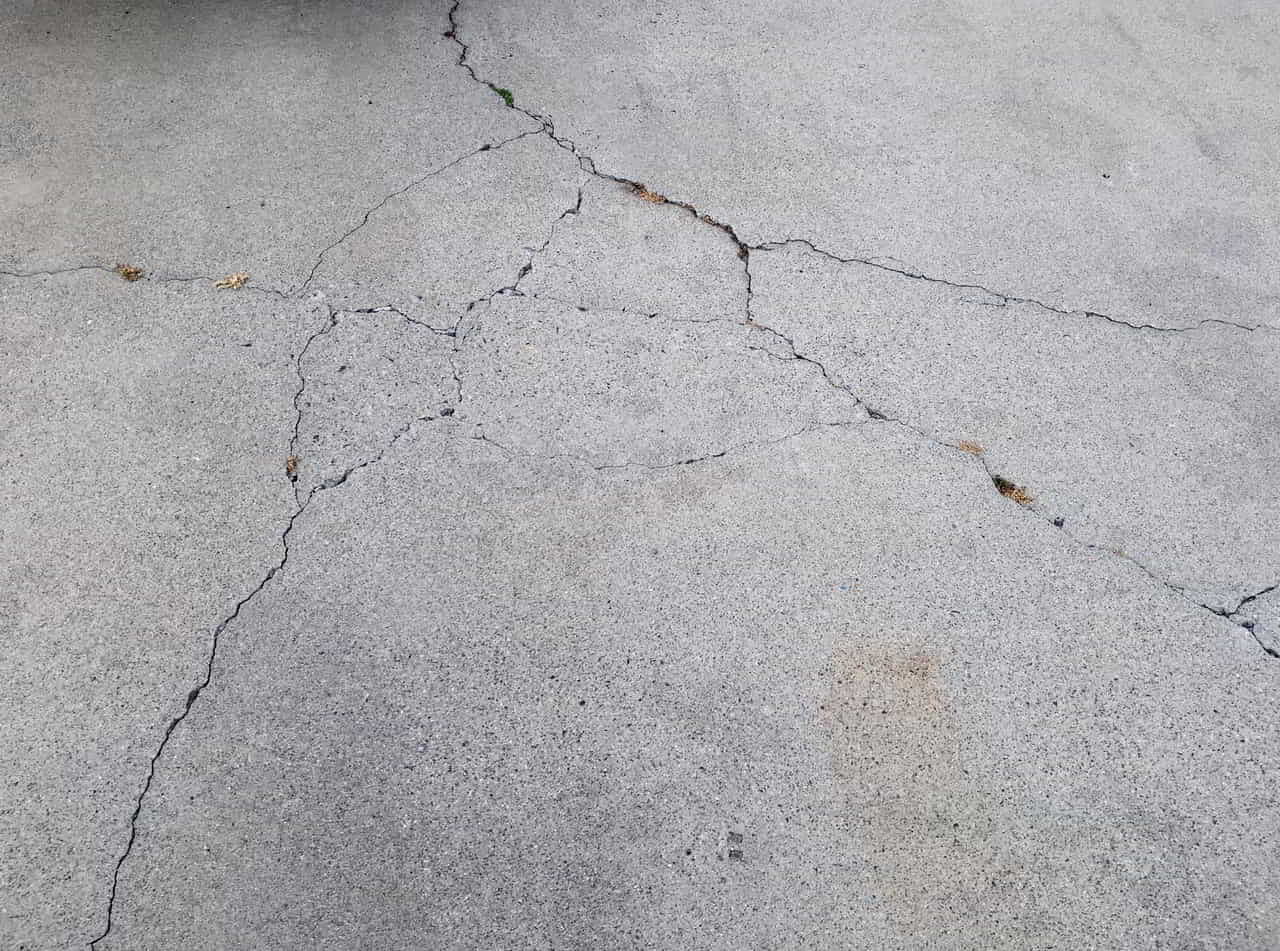Installing a concrete driveway in Melbourne can be an excellent investment for your home. It can enhance the appearance and value of your property and provide a durable and long-lasting surface for your vehicles to park on.
However, it is vital to approach the installation process with care and attention to detail, as mistakes made during the installation process may result in costly repairs later on.
This article will review some of the most common mistakes to avoid when installing a concrete driveway to ensure your new surface is durable and attractive for years to come.
Not Properly Preparing Your Driveway
When installing a concrete driveway, it is essential to prepare the ground correctly to prevent potential damage and degradation. Failure to do so can result in an uneven or shifting driveway that can’t withstand the weight of heavy objects.
To ensure your concrete driveway is stable, even, and built to last, you need to grade and drain the ground before pouring in the concrete. Grading helps level the environment and creates a slight slope away from the driveway to prevent erosion and cracking. Meanwhile, compacting compresses the soil to create a solid base and prevents settling and shifting over time.
If you need help preparing the ground for your driveway, it’s best to consult a professional concrete contractor. They can advise you on the best practices for ground preparation and ensure the driveway is installed correctly and to the highest standards.
Insufficient Curing Time
When working with concrete, it is important to remember that curing time is vital in ensuring that the concrete reaches its maximum strength and durability. Failure to allow the concrete to cure correctly can lead to issues such as reduced strength, cracking, and damage. Additionally, if the concrete dries too quickly, it may contract and crack, putting the driveway’s integrity at risk and shortening its lifespan.
To ensure that the concrete cures properly, it is essential to adhere to the instructions provided by the concrete manufacturer, who will give specific guidelines on how long you should wait before using the driveway and how to maintain the correct moisture levels for the concrete. Generally, it takes about seven days for the concrete to cure completely, but the actual time may vary depending on the temperature, humidity, and the concrete mix used.
Improper Reinforcement
Reinforcing the concrete is essential in ensuring your driveway is solid and durable. The concrete can crack and shift over time without proper reinforcement, creating an uneven and unsafe surface.
It is crucial to place the reinforcement material (often steel mesh or rebar) at the correct depth within the concrete slab for proper reinforcement. It is also important to properly anchor the support to the ground to prevent it from shifting.
When reinforcing your driveway, you should work closely with a professional concrete contractor to determine the appropriate type and depth of reinforcement for your driveway and ensure it is correctly anchored to the ground to prevent shifting.
Using Low-Quality Materials
While low-quality materials may be a good way to save money in the short term, they can result in significant long-term costs due to frequent repairs and replacements.
Low-quality concrete is typically weaker and less durable than higher-quality concrete, resulting in cracks, shifting, and other damage over time. Furthermore, low-quality materials may be unable to withstand the weight of heavy vehicles, resulting in additional wear and a shorter lifespan for the driveway. Low-quality materials can also impact the driveway’s finish, resulting in a rough or uneven surface that is less aesthetically pleasing.
As such, using high-quality materials and hiring a professional contractor with concrete driveway installation experience is critical. A professional can assist you in selecting the best materials for your specific needs and ensuring that your concrete driveway is installed correctly for maximum durability and longevity.
Not Addressing Drainage Problems
Proper drainage is crucial for the longevity and durability of a concrete driveway. When water accumulates on the driveway’s surface, it can seep into the concrete and weaken the foundation. Over time, this can lead to cracking, shifting, and other types of damage. In addition, standing water can create slip hazards, making the driveway unsafe for pedestrians and drivers.
It’s important to identify potential drainage problems before installing a concrete driveway. A professional contractor can help identify potential issues and recommend appropriate solutions. In some cases, it may be necessary to install additional drainage systems, such as gutters or downspouts, to direct water away from the driveway and surrounding areas.
Install Your Concrete Driveway With Simply Driveways
At Simply Driveways, we pride ourselves on providing top-notch concrete driveway installation services tailored to our client’s unique needs and preferences.
With years of experience and a team of skilled professionals, we can help you design and install a concrete driveway or coloured concrete driveway that looks great, functions well, and lasts for years to come. Contact us to learn more about our services and get a quote today.


Recent Comments